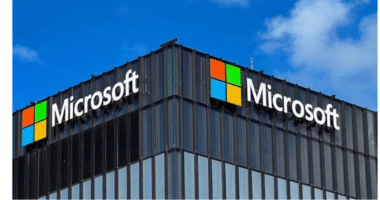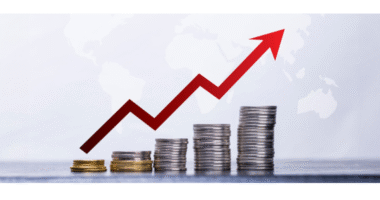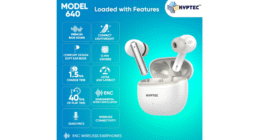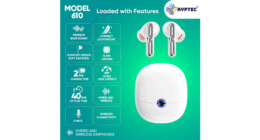Changing Consumer Behavior and What It Means
Consumer behavior is a constantly evolving phenomenon that significantly impacts various industries and businesses across the globe. Understanding and adapting to these changes is crucial for companies to stay relevant and competitive in today’s dynamic market landscape. As consumer preferences, habits, and expectations continue to shift, businesses must analyze and interpret these trends to tailor their products and services accordingly.
The rise of digital technology has revolutionized the way consumers interact with businesses, prompting a fundamental change in their behavior. Online shopping, social media engagement, and personalized marketing strategies have become integral aspects of modern consumer culture. The convenience of e-commerce platforms, coupled with the availability of vast product choices, has transformed the way individuals make purchasing decisions.
The COVID-19 pandemic further accelerated the shift towards online shopping and digital experiences, as consumers turned to e-commerce to meet their essential needs while adhering to social distancing measures. The pandemic served as a catalyst for remote work, virtual communication, and contactless transactions, leading to a permanent change in consumer behavior.
As businesses navigate this new paradigm, they are leveraging data analytics and artificial intelligence to gain insights into consumer preferences and behavior patterns. By harnessing the power of big data, companies can personalize their marketing campaigns, enhance customer experience, and drive targeted sales strategies. The ability to predict consumer trends and anticipate market changes is now a critical factor in sustaining business growth.
Another significant aspect of changing consumer behavior is the growing emphasis on sustainability and social responsibility. Consumers today are more aware and conscious of environmental issues, ethical practices, and the social impact of their purchasing decisions. As a result, businesses are under increasing pressure to adopt sustainable practices, reduce waste, and support social causes to align with consumer values.
Moreover, the rise of the sharing economy and collaborative consumption models has redefined how consumers access products and services. Platforms like Airbnb, Uber, and Rent the Runway have disrupted traditional business models, offering consumers more flexibility, affordability, and convenience. As a result, businesses across various industries are exploring new ways to adapt to this trend, such as offering subscription-based services and shared ownership programs.
The shift towards experiential retail and immersive brand experiences is another key trend shaping consumer behavior. Today’s consumers are seeking more than just products – they crave memorable interactions, storytelling, and emotional connections with brands. Retailers are responding by creating innovative store concepts, pop-up shops, and interactive digital experiences to engage consumers on a deeper level.
In the realm of digital marketing, influencer collaborations and user-generated content have become powerful tools for brands to connect with their target audience. Social media platforms like Instagram, YouTube, and TikTok have given rise to a new generation of influencers who wield significant influence over consumer purchasing decisions. By partnering with these influencers, brands can leverage their reach and credibility to enhance brand awareness and drive sales.
Furthermore, the rise of mobile commerce and app-based shopping has revolutionized the way consumers discover and purchase products. Mobile devices have become the primary shopping tool for many consumers, enabling seamless browsing, shopping, and payment transactions on the go. Businesses that prioritize mobile optimization and user experience are well-positioned to capitalize on this trend and attract tech-savvy consumers.
In conclusion, understanding changing consumer behavior is paramount for businesses looking to thrive in today’s competitive market landscape. By staying attuned to evolving trends, leveraging data analytics, and embracing innovation, companies can adapt to consumer preferences and deliver exceptional experiences that drive loyalty and growth. As consumer behavior continues to evolve, businesses must remain agile, responsive, and customer-centric to succeed in the ever-changing marketplace.







